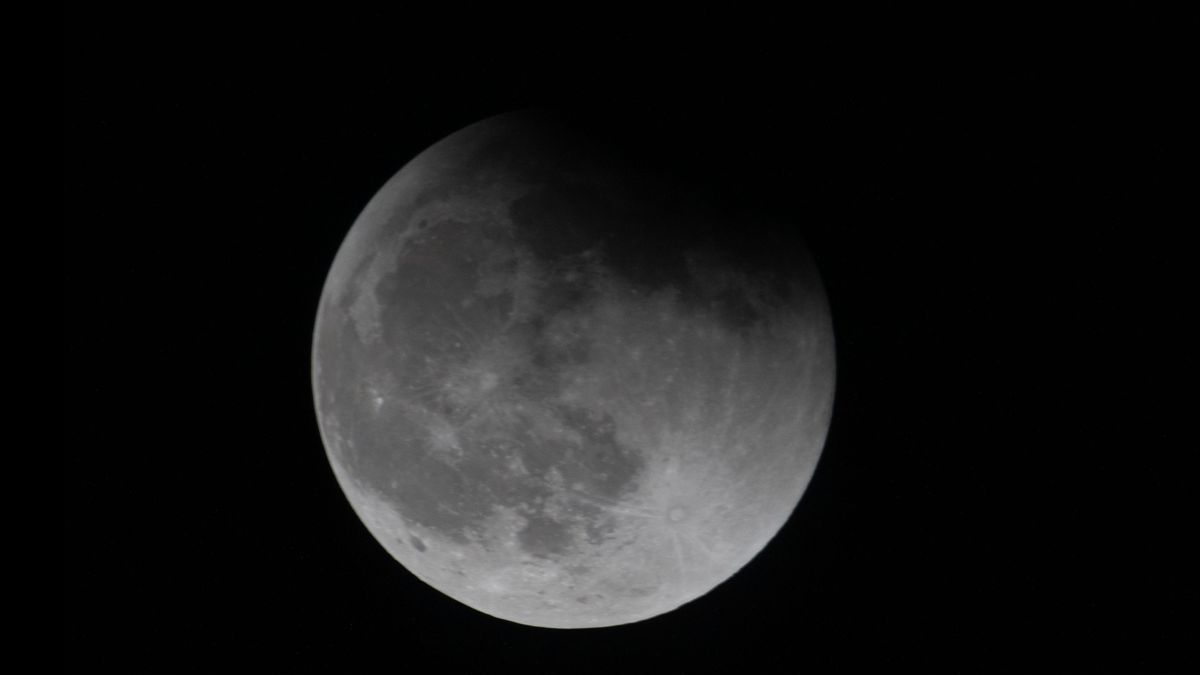The number of men who have developed breast cancer while working or living around Ground Zero has skyrocketed, The Post has learned.
The federal Centers for Diseases Control reports that 91 men in the World Trade Center Health Program have been diagnosed with breast cancer to date, six times the number The Post first reported in 2018 — and 90 times higher than the national average, according to the lawyer for some of the victims.
Breast cancer is a rarity for men — roughly 1 out of 100,000 males get the potentially killer disease.
It is so unusual that many men don’t even know they can get breast cancer, as opposed to women who get tested regularly.
But 91 out of 98,590 men in the WTCHP have been diagnosed with it, according to data compiled by the Centers for Disease Control.
That rate is a staggering 90 times the national average based on federal health data, said lawyer Michael Barasch, who represents 54 male breast-cancer patients enrolled in the WTCHP.
“These numbers may be the tip of the iceberg,” Barasch said. “”Breast cancer is really exploding among men.”
There are more than 50 cancers, diseases and other illnesses presumed to be linked to the stew of toxins that spewed into the air when the two World Trade Center towers in Manhattan collapsed after terrorists slammed hijacked planes into the buildings Sept. 11, 2001. Breast cancer is one of them.
First responders, officer workers and residents who were in the Ground Zero zone south of Canal Street and get breast cancer are eligible for government-funded treatment and $250,000 in awards from the Victims Compensation Fund if they enroll in the WTC Health Program.
One of the male WTCHP breast-cancer survivors is Jeffrey Glennon, 60, of East Hills, Long Island.
Glennon had been a superintendent for Weeks Marine at Pier 25 next to Stuyvesant High School, ferrying hazardous debris on barges trucked from Ground Zero to then-closed Fresh Kills landfill.
Warning graphic images
He discovered a pea-sized lump on his chest while taking a shower in April 2019 and was later diagnosed with breast cancer.
There was not any doubt in his mind that spending 11 months transporting smoldering, hazardous materials from the WTC was responsible for his freak illness, he said.
“We were working 12-hour shifts. The trucks with debris just kept on coming,” Glennon said.
“I was surprised but not surprised. I spent a lot of time at Ground Zero.”
He also suffers from gastroesophageal reflux and sleep apnea. He recently had left shoulder surgery and two hip replacements.
“You wait for the other shoe to drop. It’s been a challenge,” said Glennon, who has three children.
He credited his wife, Deborah, for helping him pull through and recover, saying she was there “every step of the way.”
Men as well as women — especially those who worked or lived around the smoldering Ground Zero — should get checked out for breast cancer because “men can get breast cancer, too,” he said.
Joseph Polcaro, 62, a New Jersey corrections officer, volunteered to work at a tent for the city morgue on the weekends, collecting the remains of responders and others killed in the terror attacks when the towers collapsed.
Polcaro was diagnosed with breast cancer in October 2019, after he had moved to Florida.
He recalled watching Beyonce Knowles’ father, Mathew in a TV segment, reveal that he had breast cancer after first becoming aware that something was wrong when he saw blood spots on his t-shirt.
Polcaro had noticed blood spots on a shirt from his own chest area two weeks earlier.
“I was never told to check myself. I’m a guy,” Polcaro said.
“I had breast cancer for a while. I didn’t know. It just came out of the blue.”
The results from sonograms and a biopsy revealed that cancer infected both his breasts, a very unusual diagnosis for a man.
“The doctor said, ‘I’ve got bad news for you. I have never seen this before in men, you have bilateral breast cancer,’” Polcaro recalled.
Polcaro said he asked for an aggressive treatment, a double mastectomy. He needed to care for his 22-year-old daughter, who is developmentally disabled.
He underwent surgery Dec. 12, 2019.
Polcaro suffered an infection after the surgery that delayed his overall treatment, which included 12 weeks of radiation.
Men have breast tissue like women, just less so, he noted.
He said he wasn’t genetically disposed to breast cancer and claims breathing in foul dust at the morgue caused his illness.
“They had every known carcinogen to mankind at the World Trade Center site,” Polcaro said.
“I remember the body bags came very dusty.”
He’s still taking cancer fighting medication.
Men should do what women have been told to do — self-examine and go to the doctor, Barasch said.
“Don’t ignore symptoms. If you feel or notice something with your chest, get it checked out. Females go for regular check-ups,” he said.
Meanwhile, of the 31,430 women enrolled in the WTCHP, 24.16%, or 3,540, have been diagnosed with breast cancer — also a rate substantially higher than the national average for women, which is 129.4 per 100,000, according to Barasch.
A rep for the city Health Department said the agency needs more to review the breast-cancer data before responding.
A city Health Department study conducted in 2022 found that the incidence of female breast cancer in the Ground Zero vicinity was lower than that in the state population as a whole, the representative said.
















